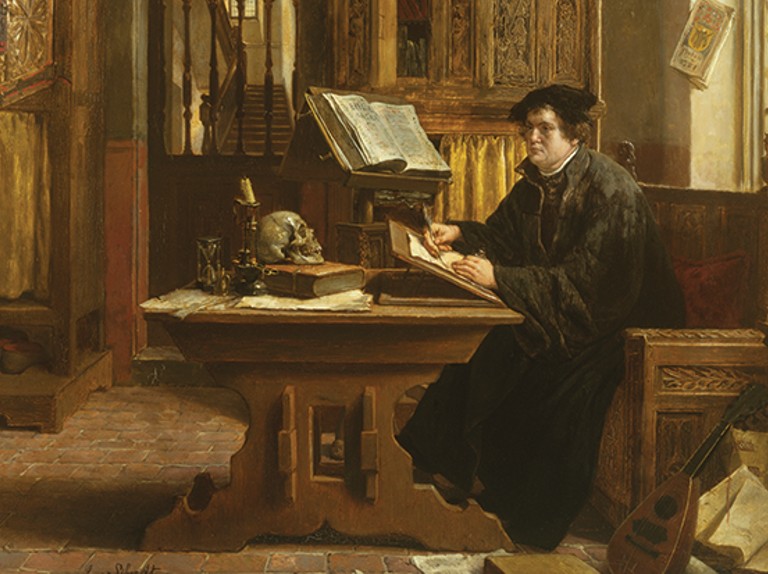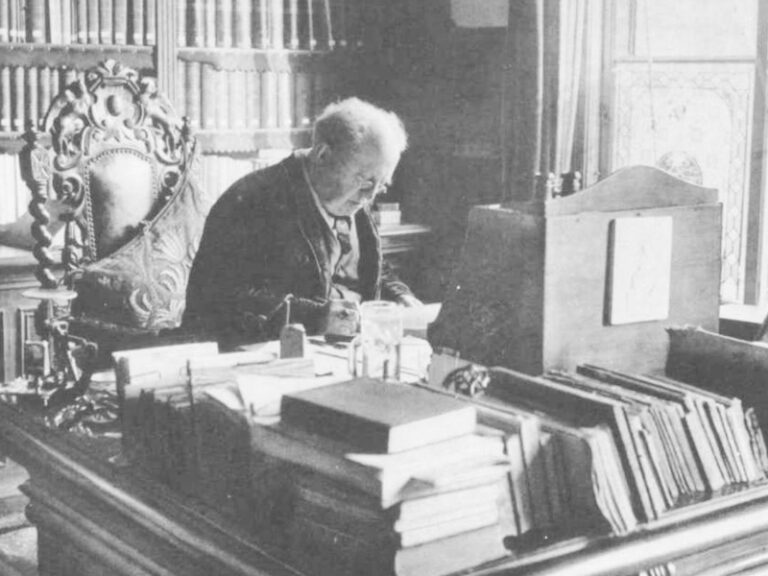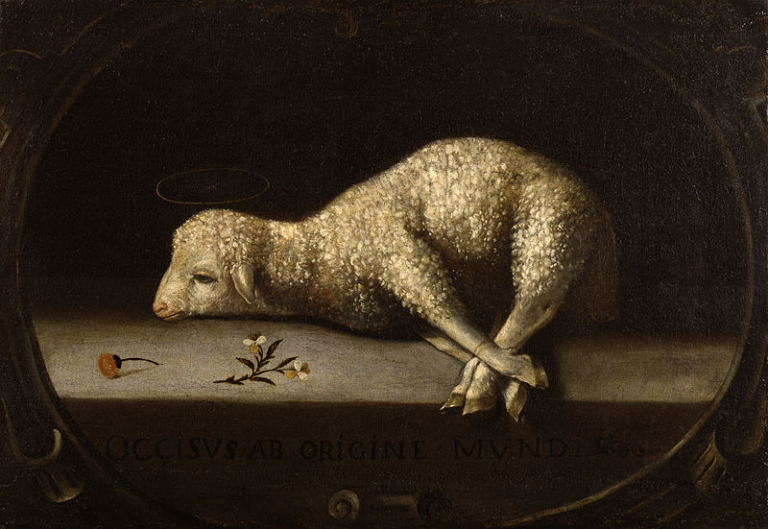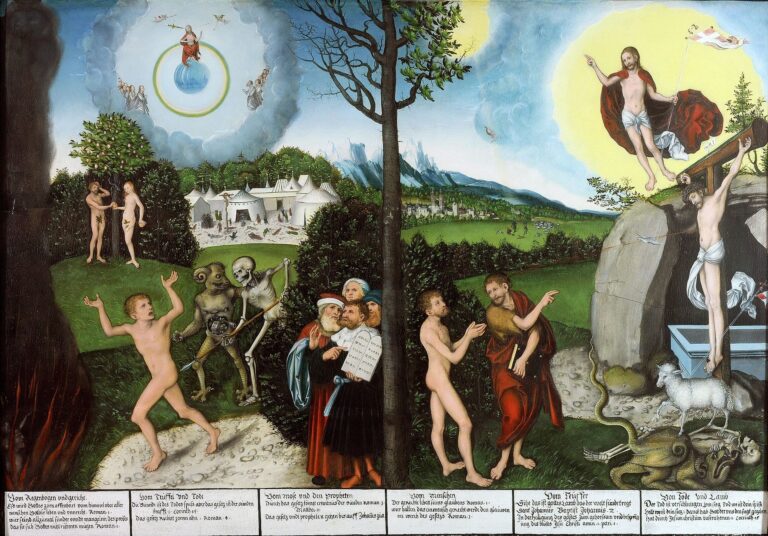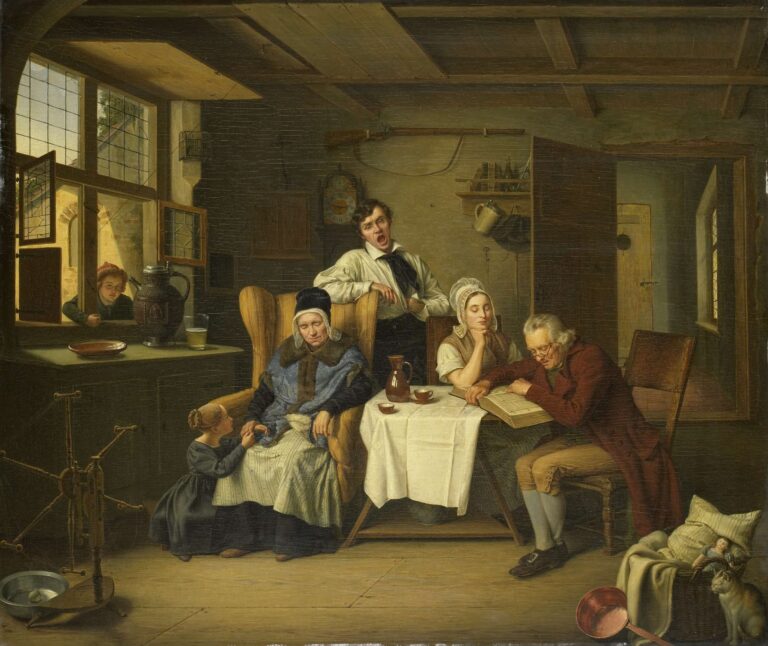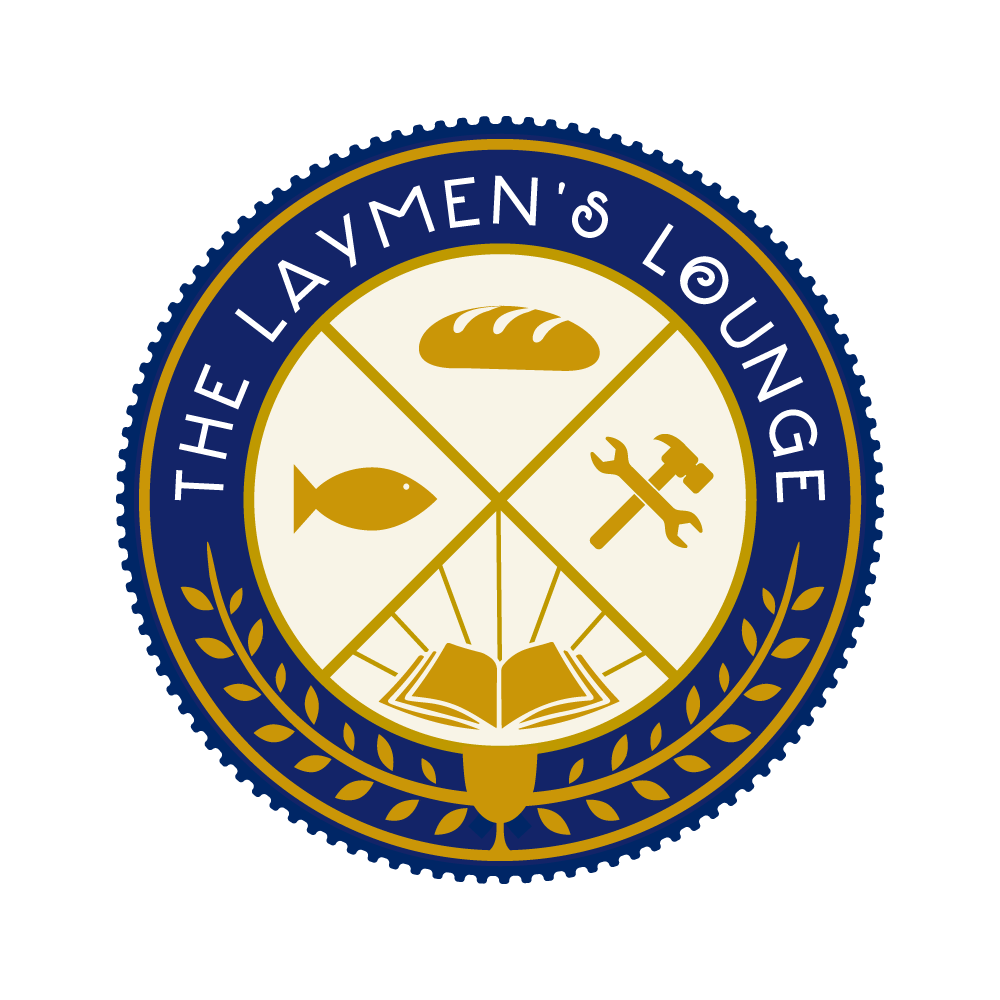Where Are They Now?
15 years ago Collin Hansen identified a movement; “Young, Restless and Reformed.” John Piper, Mark Driscoll, John MacArthur were all pillars. With a heavy emphasis on a Calvinist soteriology, many of them, mostly from the Baptistic tradition, were pleased to cultivate a little bit of rootedness in the 2006 world of relativism and “you do you.” But, it’s been a long 15 years and now these guys have grown up. Some are now pastors, some are apostate and “deconstructed”, and no small amount have taken their own lives. There was no agreed upon natural progression of "what’s next?" and we haven't seen a cohesive YRR 2.0 planned or executed. After awhile, most of them broke out of the cage-stage and began to ask questions...
A Trinitarian Theology of Gratitude and Giving
“We swim in gifts, in things given freely by God… But you don’t feel this very often though, do you? Neither do I. The greatest irony of being alive is that we treat gifts as possessions, generosity as commonplace, grace as summer grass-something to be stepped on and forgotten with every lifting muscle… We unwrap so many gifts every moment that we forget it’s Christmas morning, that God is watching every spark of joy, and every shrug of the shoulders.”
– Pierce Taylor Hibbs from “The Book of Giving: How the God Who Gives Can Make Us Givers”
by Steve Bishop
"Gordon, in my view, has been, perhaps the most outstanding neo-Calvinist theologian within the Christian Reformed community." - John Vander Stelt
"At what point do blueberry scones become 'Christian blueberry scones'?"
Join us as we sit down with Pastor Benji Magness and discuss the life of the believer and the enjoyment (or rejection?) of Rod Serling and The Twilight Zone, creepy stuff and horror films, punk rock and burning your CDs at church camp.
Text & Thoughts on “Proef van een Nieuw Belijden”/“A Taste of a New Confession”
In 1973 two Dutch Reformed pillars, Herman Ridderbos and G.C. Berkouwer wrote a new confession of faith called “Proef van een Nieuw Belijden” (“A Taste of a New Confession”). The confession (published below in its entirety) is a little bit awesome, a little bit whack, and a lot disturbing. And, to the folks smarter and more nuanced than me (that’s most of you readers), please do review the text (while considering the historical context from which this document was birthed) and share your thoughts below. But, as far as I can see, it appears that our guys Herman Ridderbos and G.C. Berkouwer caved to the liberal agenda. Abraham was a liar, David an adulterer and murder, Jonathan Edwards a slave owner - Kuyper was a jerk and lone-ranger Christian, Barth had a mistress, Tozer was a crappy husband – and maybe, Ridderbos and Berkouwer thought the Bible was less than utterly divine (not inerrant).
Loading...
Exploring God’s Plan for Life on Earth With a Shepherd's Heart
I have the privilege of introducing you to Dr. T. Desmond Alexander (Desi), and also sharing some of his own thoughts on the subjects of Christian character in academia, Biblical Theology and scholarship in service of the church.
The Doctrine of Creation: A Constructive Kuyperian Approach
Apart from the doctrine of God, no doctrine is as comprehensive as that of creation. Join us as we sit down with the Rev. Dr. Craig Bartholomew as we discuss creation and how it is woven throughout the entire fabric of Christian theology. It goes to the deepest roots of...
An exhortation to gather and forge a family tradition of nightly worship
Join us as we sit down with Kristyn Getty (of “The Gettys”) and discuss “Evensong’ - Hymns and Lullabies at the close of day, and how we too can “be making worship part of the fabric of life in general” for our families, especially our children. Kristyn says “A good...
Luther on the Christian Life, the Cross and Freedom
Join us as we sit down with Dr. Carl Trueman and discuss Martin Luther on the Christian Life, the Cross and Freedom.
The Dogmatics and Ethics of Herman Bavinck Applied to Daily Life
Herman Bavinck gave much thought to Dogmatics, Ethics, and being a human created in the image of God, or “imago Dei” – join us as we sit down with Dr. Nelson Kloosterman, who has played a part in the translation of many modern Bavinck works we read, and ask: What...
Here's Why so Many People Read Abraham Kuyper
Join us as we sit down with Mike Wagenman to discuss one of the most important theologians of the last 300 years: Abraham Kuyper. Kuyper still speaks powerfully to our day. The battle he was fighting to confess the Lordship of Jesus over all of life and the public truth...
And Remedies for Our Heresies
Today we sit down with Michael Horton and ask him to ask him a thousand questions about justification. The doctrine of justification stands at the center of our systematic reflection on the meaning of salvation as well as our piety, mission, and life together.
Rightly Distinguishing the Law and Gospel is the Most Difficult & Highest art of Christians
"Rightly Distinguishing the Law and Gospel is the Most Difficult & Highest art of Christians" - CFW Walther Today we sit down with Dr. Jordan Cooper and discuss the proper distinction between the law and the Gospel - as well as CFW Walther's contribution to the subject.
Learning How to Read the Bible As One Story
In this episode we sit down for an interview with Dr Matthew Barrett to learn how to read the Bible as one story (and not just a bunch of bizarre un-related scenes) and how Jesus Himself read the Scriptures (as all pointing to Him).




